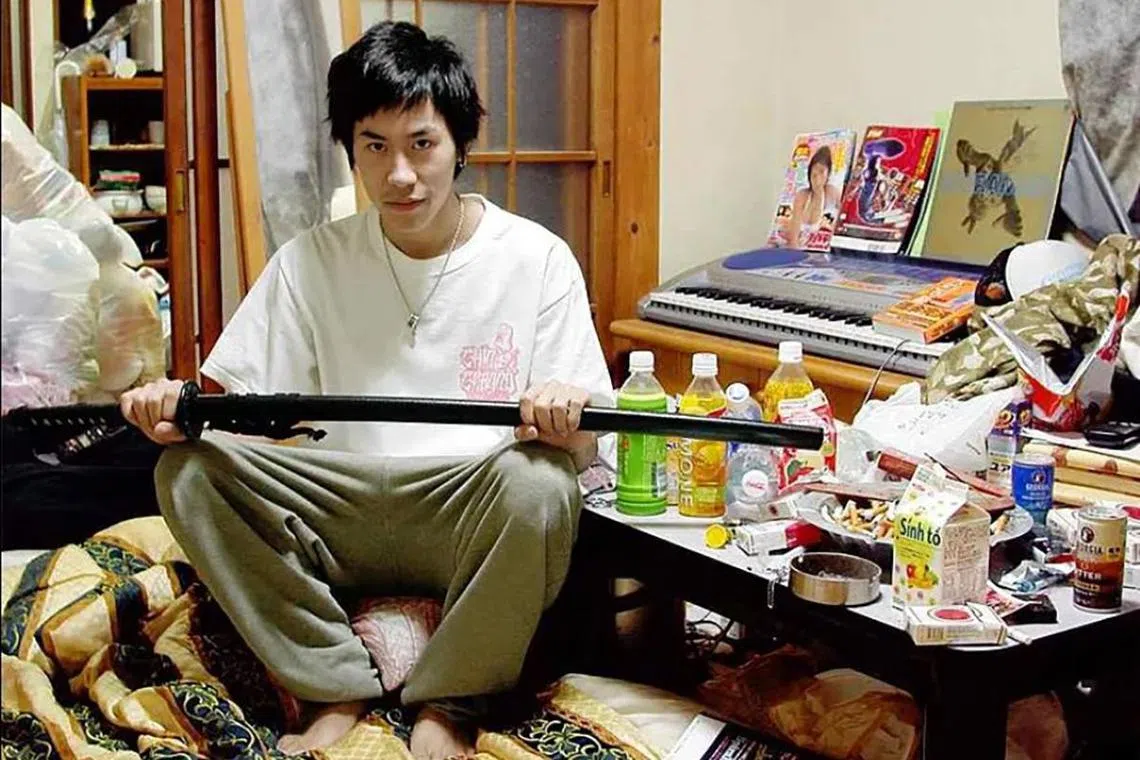1.5 million people in Japan living as ‘recluses’ after Covid-19
Sign up now: Get insights on Asia's fast-moving developments

A young Japanese man who lives as a "hikikomori" – a recluse – in Japan.
PHOTO: WIKIPEDIA
Follow topic:
TOKYO – About 1.5 million people of working age in Japan are estimated to be living as recluses, with some 20 per cent citing the Covid-19 pandemic for their withdrawal, a government survey has shown.
“Hikikomori”, as they are called in Japanese, are defined as those who rarely leave their room or house. They leave only to shop at a convenience store or for their hobbies.
They represent 2 per cent of the population aged 15 to 64, according to the survey, which was conducted by Japan’s Cabinet Office last November.
Social pressure to conform in Japan can make it difficult for outliers, causing them to isolate themselves from friends and family for months, or even years.
While that may have made it easier for reclusive people to comply with virus restrictions during the early days of the pandemic, that may also be contributing to their withdrawal, even as broader curbs are eased.
Unlike most countries that imposed strict lockdowns, Japan’s Covid-19 response was relatively light compared with in China, New Zealand and other countries at the height of the pandemic.
It is unclear whether the number of hikikomori is increasing or not, taking into account the margin of error in the survey.
The government polled about 30,000 people aged 10 to 69 in November 2022, and received 13,769 valid responses.
The latest survey included the widest range of ages, from pre-teens to the elderly.
In the previous survey in 2018, about 613,000 people between the ages of 40 and 64 were estimated to be socially withdrawn. BLOOMBERG

